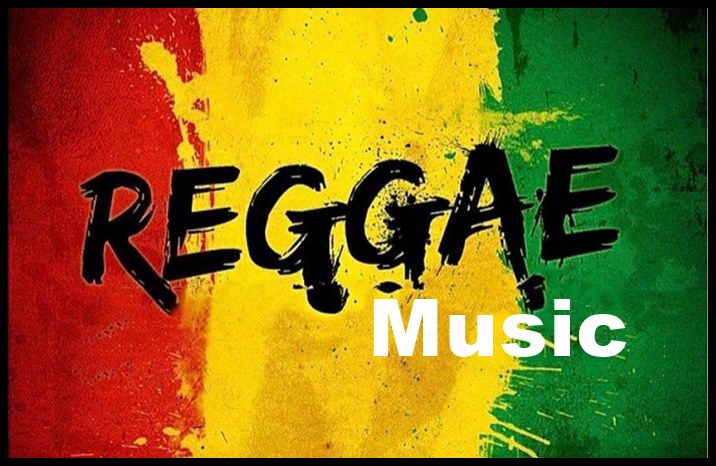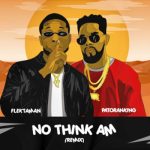
Reggae music, originating from Jamaica in the 1960s, has transcended its roots to become a global cultural force. This article explores the profound influence of reggae music on global culture, examining its musical elements, lyrical themes, and its role as a vehicle for social and political change.
The Roots of Reggae
Reggae emerged in Jamaica as a fusion of various musical genres, including ska and rocksteady, influenced by African rhythms and Caribbean traditions. Pioneers like Bob Marley, Peter Tosh, and Jimmy Cliff introduced the world to the distinct sound of reggae, characterized by its offbeat rhythms, syncopated guitar accents, and pulsating basslines. The music embodied the spirit of resistance and liberation, reflecting the socio-political climate of postcolonial Jamaica.
Messages of Unity and Social Justice
Reggae music has long been associated with messages of unity, social justice, and empowerment. Through their lyrics, reggae artists address pressing issues such as poverty, inequality, and racial discrimination. The songs carry profound messages of love, peace, and resistance, resonating with audiences worldwide. Bob Marley’s iconic track “One Love” has become an anthem for unity and cultural harmony, transcending boundaries of language and nationality.
Spirituality and Rastafarianism
Reggae music is deeply intertwined with the Rastafarian movement, which emerged in Jamaica in the early 20th century. Rastafarian beliefs, rooted in the teachings of Marcus Garvey and Ethiopian Emperor Haile Selassie, emphasize spiritual enlightenment, African pride, and social consciousness. Reggae artists often incorporate Rastafarian ideology into their music, spreading messages of spirituality, self-determination, and the pursuit of justice.
Global Spread and Cultural Fusion
Reggae’s popularity quickly spread beyond Jamaica’s shores, finding receptive audiences worldwide. The music’s infectious rhythms and uplifting spirit attracted diverse listeners, leading to the formation of reggae bands in countries like the United Kingdom, the United States, and Brazil. Reggae’s influence extended to other genres, giving rise to subgenres such as reggae fusion, dancehall, and dub.
Collaborations between international artists and Jamaican reggae musicians further fueled the fusion of cultural influences and expanded reggae’s global reach.
Reggae as a Voice for the Marginalized
Reggae music has served as a powerful voice for the marginalized and oppressed, providing a platform to address societal issues and advocate for change. The music has been instrumental in raising awareness about social injustices, human rights violations, and economic disparities. Reggae artists like Burning Spear, Toots and the Maytals, and Peter Tosh boldly confronted political systems and called for liberation, inspiring movements for justice and equality around the world.
Impact on Popular Music and Fashion
Reggae’s influence extends beyond the boundaries of its own genre. Elements of reggae can be heard in various forms of popular music, including pop, rock, and hip-hop.
Artists like The Police, Sublime, and UB40 have incorporated reggae rhythms and sounds into their music. Reggae’s impact is also evident in fashion, with the iconic imagery of dreadlocks, Rastafarian colors, and reggae-inspired clothing permeating popular culture.
Conclusion
Reggae music’s enduring influence on global culture is a testament to its ability to transcend borders, languages, and cultural differences. From its roots in Jamaica, reggae has spread a message of unity, social justice, and spiritual awakening,














